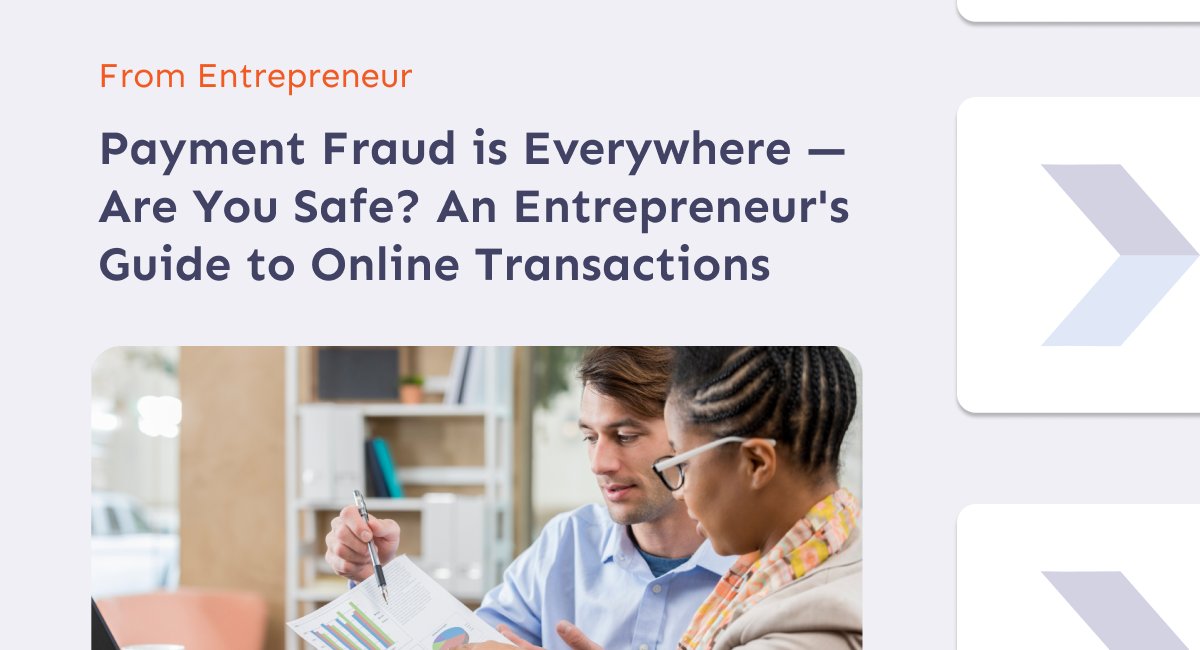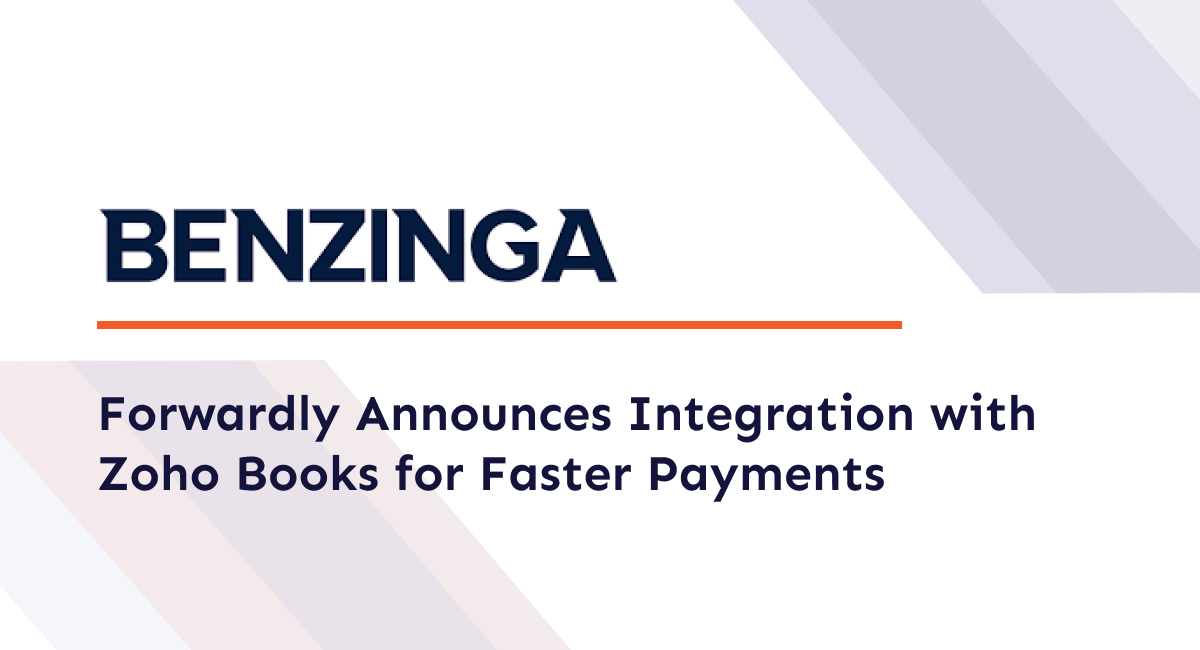Originally published on Entrepreneur.com
The prevalence of payment fraud is a growing concern for both consumers and businesses, as highlighted in a 2021 report by fraud prevention firm SEON, which recorded 1,862 data breaches affecting a staggering 293 million individuals. Cybercriminals employ sophisticated tactics, exploiting vulnerabilities in online systems to gain unauthorized access to sensitive data. According to a recent survey, 65% of respondents said their organizations experienced attempted or successful fraud activity in 2022.
For small business owners, ensuring the safety of online transactions is non-negotiable. Beyond financial losses, falling victim to fraud can tarnish your reputation and erode customer trust. Prioritising security measures is key to safeguarding your business and maintaining credibility. By investing in robust security protocols and staying vigilant against emerging threats, you can instil confidence in your customers and protect your brand’s integrity. With payment fraud expected to keep rising, it’s projected to cost $40.62 billion by 2027, highlighting the importance of staying proactive in protecting your business against online threats.
Related: Slow Payment Options Are Costing Your Business — Here’s the Alternatives of the Future
Encrypting data: Banking services’ role in security
Banks use strong encryption to keep online transactions safe. Encryption scrambles important information so only authorized people can read it. This stops hackers from stealing or changing it during the transaction. Banks follow strict security rules to protect customer data from the start to the end of each transaction. This means your personal and financial details are safe from cybercriminals who might try to access them illegally.
By focusing on security, banks not only protect your information but also build trust with customers, making online banking safer for everyone. This commitment to security ensures that your online transactions are secure, giving you peace of mind knowing that your sensitive data is well-protected every step of the way.
Spotting phishing scams
Phishing scams remain a prevalent threat, with cybercriminals using deceptive tactics to trick individuals into divulging confidential information. About 22 percent of all data breaches are because of phishing scams, making them one of the most common cybercrimes. These scams often take the form of fraudulent emails, text messages, or phone calls impersonating legitimate entities, such as banks or government agencies.
Small business owners must educate themselves and their employees about the telltale signs of phishing scams, including suspicious links, misspelled domain names, and requests for sensitive information. By exercising caution and verifying the authenticity of communications, businesses can mitigate the risk of falling victim to these malicious schemes.
Related: 4 Cash Flow Trends To Know About in 2024
Enhancing security with two-factor authentication
Two-factor authentication (2FA) is a widely used method for online payment security. 2FA and MFA (Multi-Factor Authentication) are powerful tools that can prevent over 99.9% of account compromise attacks. It adds an extra layer of protection to your accounts by requiring two forms of verification before granting access. This typically involves a combination of something the user knows (such as a password) and something they possess (such as a mobile device or security token).
With 2FA, you get immediate alerts if someone tries to breach your account using phishing or other scams. Even if one factor is compromised, the second one acts as a barrier against unauthorized entry. Implementing 2FA is a smart move for small businesses, as it greatly decreases the risk of unauthorized access and enhances protection against cyber threats. The anticipated growth of 2FA by 17.28% and its projected value of USD 44.05 billion by 2030 underscore its significance in addressing the rising cybersecurity risks.
Benefits of transaction notifications
Transaction notifications offer a powerful shield against financial fraud and uncertainty, empowering small business owners and customers alike. Instant alerts buzz on your phone the moment a transaction occurs, giving you the upper hand in spotting any suspicious activity before it spirals out of control.
With this kind of real-time monitoring, businesses can nip unauthorized or fraudulent transactions in the bud, keeping losses to a minimum and risks under control. But it’s not just about protecting the bottom line; it’s also about building trust and transparency in every interaction. Transaction notifications empower customers to take an active role in safeguarding their accounts, strengthening the bond between businesses and their valued clientele.
Partnering with secure payment providers
Choosing a reliable payment provider is essential for small businesses looking to secure their online transactions. Trusted providers offer strong fraud detection, follow industry regulations, and maintain high-security standards. When picking a partner, businesses should assess factors like encryption methods, compliance with PCI DSS regulations, transaction fees, and customer support quality.
With numerous B2B payment companies available, selecting the right one is crucial. By teaming up with a reputable payment provider, small businesses can boost transaction security and ensure a smooth, safe payment experience for customers.
Related: Busywork Sucks — How Automation Can Eliminate Boring Tasks for Entrepreneurs
Safeguarding your small business against online payment fraud requires a proactive approach to security and risk management. By familiarizing yourself with fraudsters’ tactics, implementing strong security measures, and teaming up with trustworthy service providers, you shield your business and customers from the ever-present danger of cybercrime. Stay updated on new threats, educate your team on online security best practices, and make safety and integrity top priorities in your business operations. With these steps, you create a robust defense against online fraud, ensuring the safety of your business and the trust of your customers.
 Back to Blog
Back to Blog


